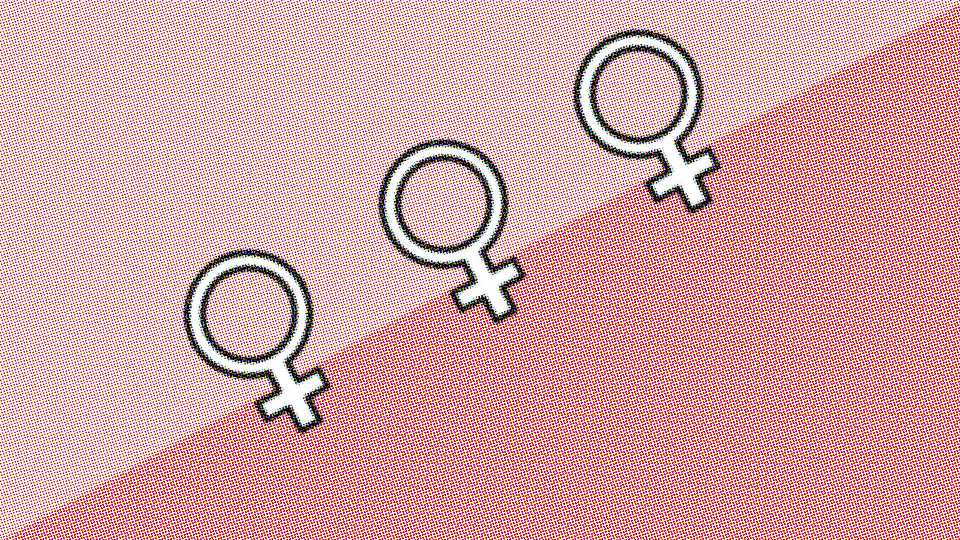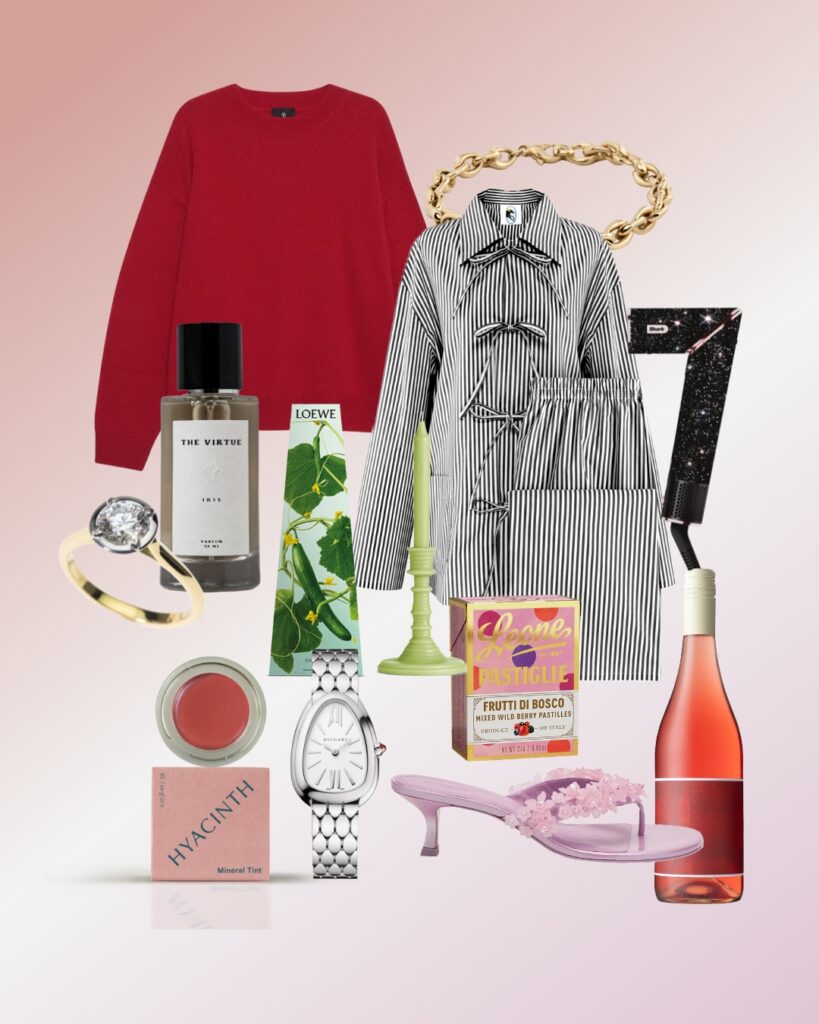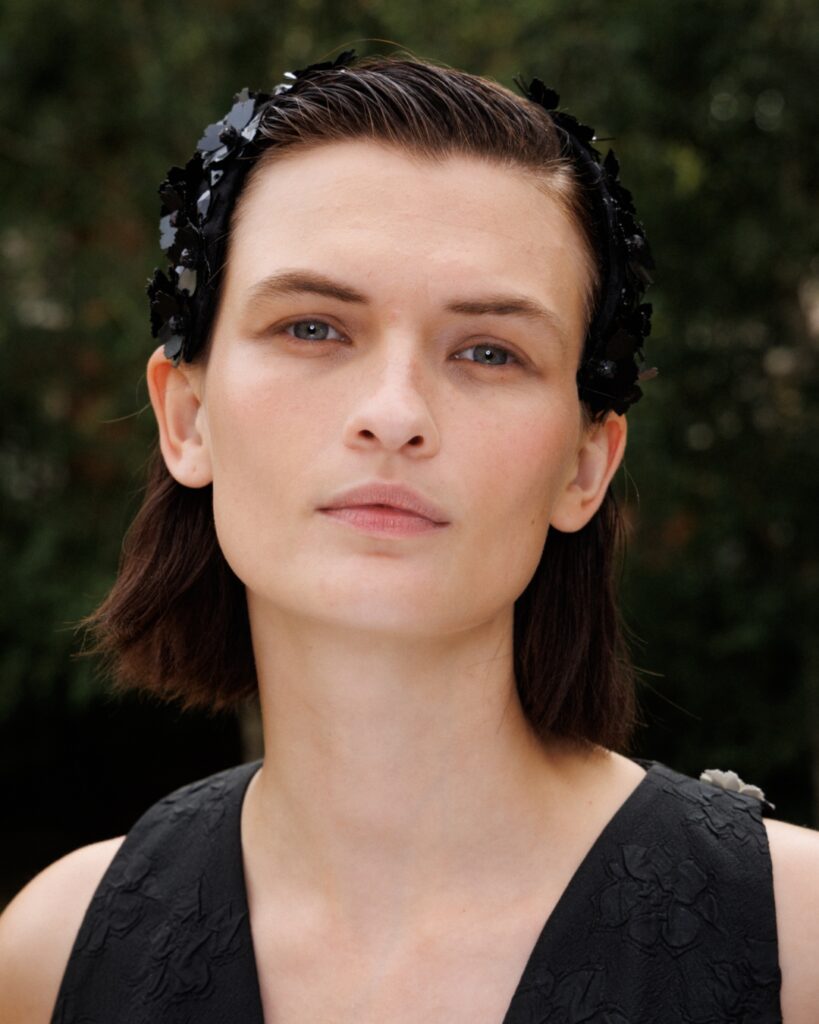
Let’s cheer – but let’s not forget that even in our fight for equality, we’re still doing all the heavy lifting.
Over the last 24 hours, women in both the United States and the United Kingdom have taken a public stand about sexism in their respective fields of work. At the Golden Globe awards, women actors wore black and shared their platforms with activists as part of #metoo and Time’s Up. In London, the BBC’s China editor Carrie Gracie quit her post in protest at the fact that she was not being paid the same as her male counterparts.
Now, this is all very well and good. In fact, scratch that, it’s great but, and there is always a but, it has left me wondering: where are the men? Sure, some of them are wearing Time’s Up lapel pins and saying all the right things – but what are they doing that’s comparable with the work women are having to do to ensure that the status quo has a chance of changing?
Women are investing their time, energy and money in both literal and symbolic protest and the cost of that should not be underestimated.
Think about all of the things women do: we remember your mum’s birthday so you don’t have to, we forgive you even when what you’ve done is unforgivable, we remind you to register with a doctor because you’re still on the books at a GPs surgery near your mum’s house, we buy washing up liquid even though the bottle is still about a quarter full just.in.case, we fake orgasms so you don’t have to, we tolerate your sexist ‘banter’ in the office and carry on doing good work, we think about when we’re going to get our periods and organise our waxes around our monthly cycles, we don’t just look – we see what’s going on – and we don’t just listen – we hear what people are saying. And then, when we are harassed, assaulted, undervalued or underpaid we take it upon ourselves to shine a light on it, take a stand and try to force change.
If all of the above was paid work women would be very, very rich but we are not. In fact, as empirical evidence emerges about the UK’s gender pay gap it is clear that we are on the whole far poorer than men despite our unpaid but essential emotional work and labour.
Emotional labour is not a new concept. First articulated by sociologist Arlie Hochschild in her 1983 book The Managed Heart, it has since become the subject of more research, feminist debate, clickbait and, you might even argue, J Lo’s seminal song ‘I Ain’t Your Mama’. What started as a way of talking about how emotional management is expected in the workplace, became a conversation about the all too often unpaid caring work carried out (on the whole) by women and then entered everyday conversation as we started to talk about the work we do, not as part of our jobs, but in all of our relationships.
Why don’t women just stop doing all of this work, you might ask? The answer is partly because we can’t afford to and, partly because, somehow, the pervasive sexism in our societies has spawned the idea that women are ‘just better’ are remembering, fixing and sorting stuff out. Indeed, in intersectional terms it’s worth noting that the less privilege you have the more you probably have to do. And so, as ever, it’s those women have the least who have to do the most.
Carrie Gracie’s resignation is arguably necessary. Since the BBC’s gender pay gap was revealed last year, the situation hasn’t been resolved but, why would we expect it to be, the Equal Pay Act came into force decades ago and, yet, we’re still having this conversation. But, necessary or not, why should it fall on a woman to make a stand? Surely there are men at the BBC, perhaps some of them with daughters, who could do something about the future of pay parity?
When is a man (perhaps with daughters?) going to get livid and resign their role (or take a pay cut?) until there is equal pay, so that future generations don’t have to fight this battle? @BBCCarrie has shown them how …
— Olly Grender (@OllyGrender) January 7, 2018
In her resignation letter Gracie wrote:
‘It is painful to leave my China post abruptly and to say goodbye to the team in the BBC’s Beijing bureau. But most of them are brilliant young women. I don’t want their generation to have to fight this battle in the future because my generation failed to win it now’.
‘To women of any age in any workplace who are confronting pay discrimination, I wish you the solidarity of a strong sisterhood and the support of male colleagues’.
‘It is a century since women first won the right to vote in Britain. Let us honour that brave generation by making this the year we win equal pay’.
Imagine that today we had woken up to the news that a man had resigned from a job he loved because he didn’t want future generations of women to spend their time worrying about the gender pay gap and, instead, wanted them to be paid fairly for their work from the off. Now, that would be news. Better still, imagine the news was that, like Iceland, Britain had just gone ahead and made it illegal to pay men more than women. Surely, it’s about time? We’ve had legislation saying that women and men’s pay should be equal for half a century but we still have a gender pay gap. Ruling out pay discrimination once and for all would save us all at least 10% of our daily brain space.
And then, once you’ve one that imaginary thinking pictures this: this morning we woke up to see pictures of women actors and activists wearing black and calling out sexism on the red carpet at the Golden Globes. Alongside them, men did not just stand silent (see Matt Smith alongside Clare Foy), they quietly waited their turn and then said they, too, were committed to ending rape culture, sexual harassment and gender inequality. Now, that really would be exciting.
It’s not that we shouldn’t applaud Carrie Green. Her composure and professionalism on this morning’s BBC Today programme (even when John Humphrys made a semi sexist remark about how she would be remembered for resigning over pay and not for her work as China editor), was exemplary. And, equally, it’s not that we shouldn’t replay the moment when Natalie Portman threw shade at an ‘all male’ nominee list or that we shouldn’t watch Oprah’s speech about Time’s Up on repeat and revel in the goosebumps.
We should do all of that and, while we’re doing it, we should ask ourselves how many men are doing the same? Let’s celebrate but let’s not forget that even in our fight for equality, we’re still doing all the heavy lifting.
Words: Vicky Spratt
Photos: Getty Images, Supplied
This article originally appeared on The Debrief.










